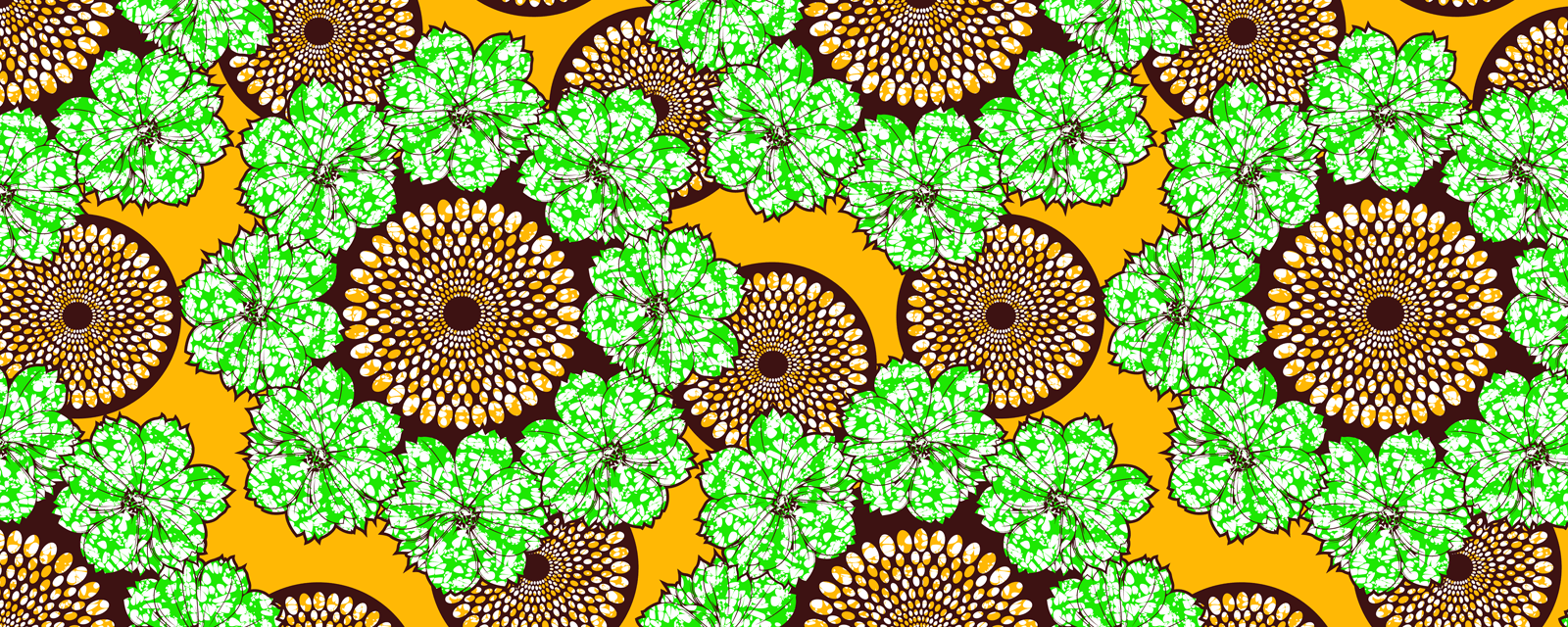A Swahili poem, well known along the East Coast of Africa. The poem is a husband’s praise of his wife Mwananazi, the ‘Coconut girl’. Like Serenade, it is one of the many poems associated with Liyongo.
Bishop Steere in 1870 described it as a gungu dance song, adding ‘It is the custom to meet about ten or eleven at night and dance on until daybreak. The men and slave women dance, the ladies sit a little retired and look on.’ The whole song ‘takes a long time to sing, as most of the syllables have several notes and flourishes or little cadences to themselves’. The gungu dance is especially associated with weddings.
Mwananazi is praised for her behaviour towards her husband, but in the course of the description we are given a fascinating glimpse of the interior of an aristocratic Swahili household, with its sophisticated tastes and its possessions drawn from all parts of the world. At the same time, there are strong hints of a religious meaning to the poem. ‘Sada’ and ‘Rehema’ (the servants names in Line 9) mean ‘happiness’ and ‘charity’. Mwananazi’s conduct is not just pleasing to her husband, but pleasing to God and therefore a pattern for womankind.
Give me a chair that I may sit down
And serenade my Mwananazi,
That I may serenade my wife
Who dispels my grief and heaviness.
She stands in the doorway
When I go out to walk,
When I go out on business:
Then she tells her servants,
And says to them, ‘Sada and Rehema, (1)
Cook, and do not delay,
Cook and make haste,
Cook rice and curry.’
If she finds I am delayed,
She sends her servant girl:
‘Look for him in the Sultan’s way,
Or there with the sovereign prince;
Look for him on the seats at his brothers’,
Or at the home of his father’s sister:
Find him, come with him quickly:
(What are they doing at this late hour?)’
And she will tell her, ‘Greet your master,
Tell him, Let’s go quickly, do not delay,
Your delay makes her weary of standing
And she suppresses the tears in her eyes.
Tell him, Let us go, go ahead, I am following,
And comfort her that she may end her grief.’
And she will follow him, walking elegantly,
Smelling of musk and ambergris.
When he enters and salutes her,
The child of Hejaz replies to him;
At once she rises and stands
And puts her hand on his shoulder.
And he prays to God the Compeller,
‘O princess, may God supply your needs.’
Then the mistress lifts up her hand
And puts it up to the bamboo,
And takes down a handkerchief of ancient work
With a beautiful border woven into it;
She puts it to his eyes to soothe them,
‘Son of my paternal uncle, child of my aunt.’
And she says to him, ‘My lord, let us rest,
Do not stand overmuch and make yourself tired.
Call Fatimi for me, let her come
Quickly, and leave off sleeping.
Let her dish up an Indian pilau
With raisins, without curry.
Bring a fine European chair
And a beautiful Persian tray.’
The tray-stool, beautifully engraved,
And the plates, shining like the moon!
And she says, ‘Let the servants come too,
Why are you not singing praises?’
Immediately, it is laid for him,
And Fatimi has taken the pitcher;
The grape-juice effervesces
And she makes him drink it like a drinker of wine.
She feeds him, putting morsels in his mouth,
And shows him a good place for resting,
Preparing for him betel leaf from Siu
With sweet limes from Ozi.
She folds it and puts it between his lips
With cardamoms and almonds.
I have finished praising the lady,
My choice one, Mwananazi.
from Oral Poetry from Africa (1984),
Compiled by Jack Mapanje and Landeg White,
Longman
Footnotes
- Sada and Rehema mean ‘happiness’ and ‘charity’

